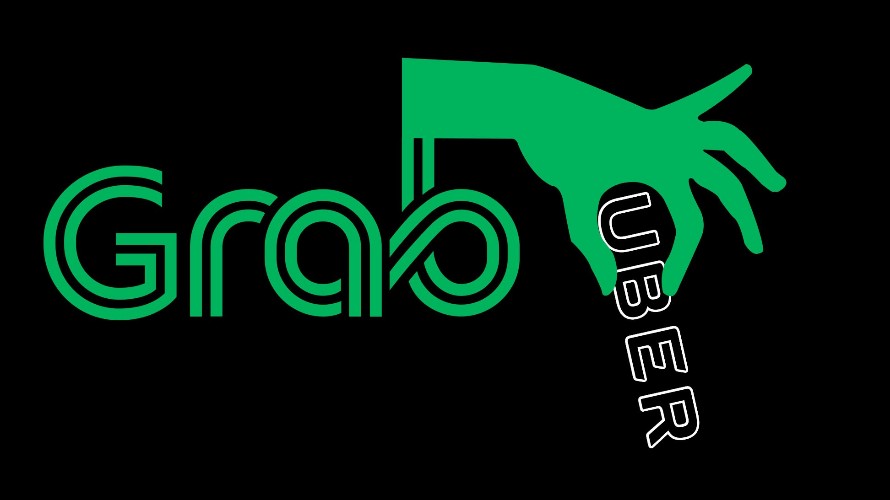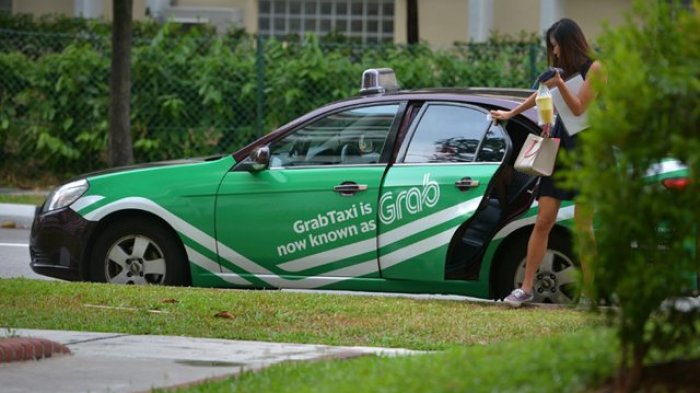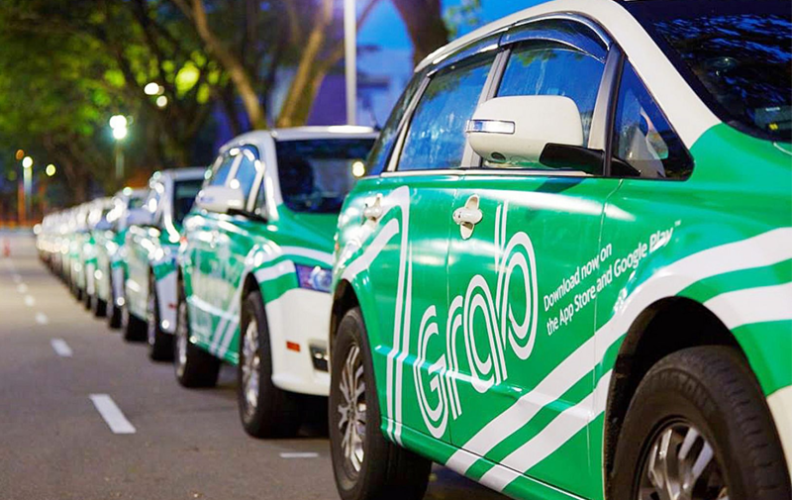Months of rumours and speculation was put to an end yesterday, March 26, when Grab finally announced that it had acquired Uber’s Southeast Asian operations. What this means is that Uber users and drivers will be integrated into Grab’s system, including UberEats, their food delivery service.
According to Vulcan Post, the takeover will include operations and assets in Cambodia, Indonesia, Malaysia, Myanmar, the Philippines, Singapore, Thailand, and Vietnam. As part of the deal, Uber will have a 27.5% stake in Grab, with Uber’s CEO, Dara Khosrowshahi joining Grab’s board.
According to Bloomberg, the region holds 620 million people, while Grab has more than 86 million mobile application downloads across 191 cities. Grab, which started out as MyTeksi, a ride-hailing app for taxi drivers in Kuala Lumpur launched in 2012 to rival Uber, quickly grew over the years and raised $4 billion from investors. On CB Insights, the company is valued at $6 billion.

Grab’s Malaysian CEO, Anthony Tan, was quoted as saying, “Today’s acquisition marks the beginning of a new era. The combined business is the leader in platform and cost efficiency in the region,” Grab CEO Anthony Tan said in a statement.
While there is a lot to be proud about, seeing that a home-grown brand has managed to not only monopolise the ride-hailing business in the region, making it the largest deal in Southeast Asia, but a lot of concern has been raised by consumers and drivers alike.
As the services of Uber and Grab heavily rely on discounts and “promo codes”, to the point where groups were created on Facebook for the sole purpose of sharing codes received by consumers nationwide, consumers are worried that the cost of rides would no longer be cheap. It is typical behaviour for the average consumer to check the fares on both Uber and Grab before booking their preferred service and with the takeover, this process will be eliminated completely, leaving consumers without an alternative service to travel with. There are still the local taxi drivers, but their prices raised eyebrows long before Uber came into the market.

There is also concern over the “response rate” for consumers. Uber drivers do not get to see the passenger’s destination when the booking pops up on their app and they are only notified informing that there is a passenger nearby. But for Grab, drivers get to pick and choose passengers based on their destination of travel. While it safeguards the interest of drivers (and preventing them from taking a surprise trip to Genting Highlands or Cameron Highlands), passengers that live in secluded areas on the outskirts of the city would definitely find it more difficult to hail a ride.
Meanwhile, drivers relied on incentives provided by the respective companies and the concern is on the incentive and benefit structure for Uber drivers transitioning to Grab. There are some drivers who drive for both companies depending on the rates and incentives offered at the time and with the merger, drivers would have only one structure to follow.
If the 2016 merger between Grab’s investor Didi Chuxing and Uber in China is any precedent, Grab may be faced with a challenge. According to The Malay Mail Online, the number of drivers dramatically declined, and the year following the merger, driver response rates fell between 15% and 40% in major Chinese cities.
Quartz Media reported that one year after the merger, getting a ride was more difficult and prices were more expensive. Data quoted in the report revealed that 81.7% of respondents said ride hailing was harder in China as compared to the year before, while 86.6% said it was more expensive.
There is also the aspect of governmental regulation, which has yet to be addressed to tackle the lack of competition, however, only time will tell if the merger will be a win-win to all parties. Meanwhile, if you’re worried about how the merger might affect you, check out this list by Malay Mail Online.
"ExpatGo welcomes and encourages comments, input, and divergent opinions. However, we kindly request that you use suitable language in your comments, and refrain from any sort of personal attack, hate speech, or disparaging rhetoric. Comments not in line with this are subject to removal from the site. "





















Phil Grifo
#WorstNewsEver